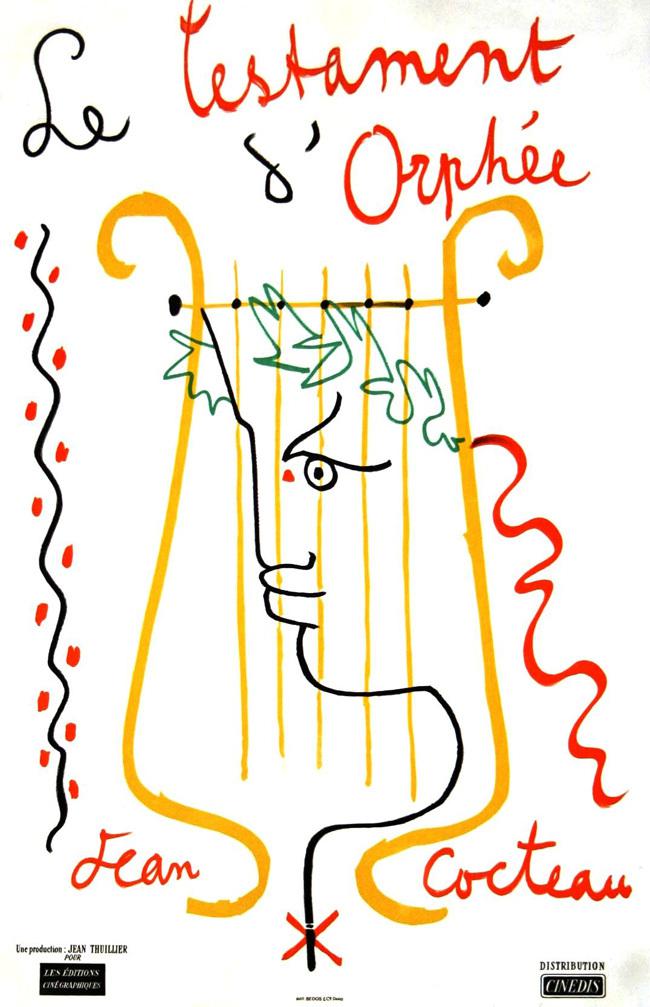We no longer present Lucien Clergue, the tireless campaigner for the recognition of photography, the founder with his accomplice Jean-Maurice Rouquette of the first photographic collection in a Fine Arts museum in France, the founder of the Rencontres d'Arles, the one who got the ENSP to take up residence in Provence….and especially the photographer!
From December 2023 to the end of 2024, the Réattu museum pays tribute to him for the 10 years of his death, with successive exhibitions through the works of the museum's collection which covers his entire career with more than 400 photographs generously offered to the city of Arles.
The filming of "The Testament of Orpheus", a feature film directed by Jean Cocteau, took place in the village of Baux-de-Provence and in the quarries of Val d'Enfer between September 7 and 22, 1959. It will continue in Nice, in the Victorine studios, in the artist's settings at the Santo-Sospir villa in Saint-Jean-Cap-Ferrat and in Villefranche-sur-Mer. This powerfully dreamlike film is orchestrated like a modern tale on the myth of the Phoenix; Cocteau has the leading role: that of a poet whose death and resurrection transcend space and time.
The most unreal scenes are filmed in Les Baux, which is populated by the figures of Minerva, the Sphinx and horse-men. It was Picasso who suggested this environment to Cocteau, after having discovered it himself a few years earlier with the painter Yves Brayer: a village in ruins and uninhabited, set against a mineral and tormented landscape, including cavities and impressive Stone quarries would have, according to Frédéric Mistral, inspired Dante for Inferno from The Divine Comedy.
Lucien Clergue was tasked by Cocteau to identify the most suitable locations for filming and ensuring photographic coverage. The photographer has carte blanche. He will produce more than two thousand photos which follow the progress of the script, accompany the working days and capture scenes behind the scenes or between takes. In this exercise he finds a subtle balance between the filming document and a more free and poetic photography, in which he lets express a keen sense of story and composition.
Shown for the first time in their entirety, the 10 photographs acquired in 2017, focus on the part filmed in Les Baux, which fully exploit local resources: the landscapes of course, in themselves surrealists, but also the presence of gypsies, who stay in the quarries and witness the poet's death.
